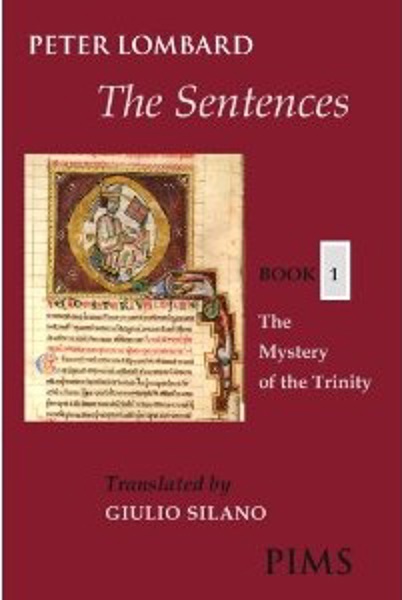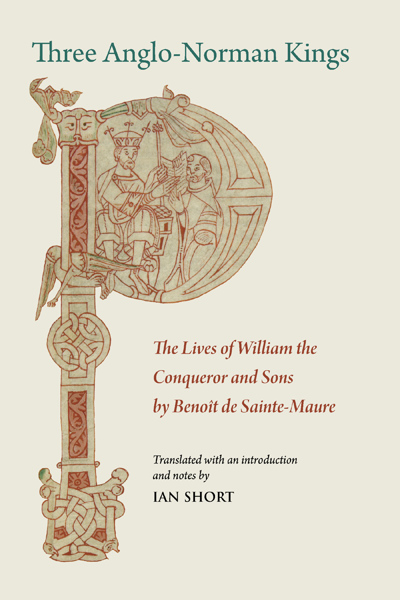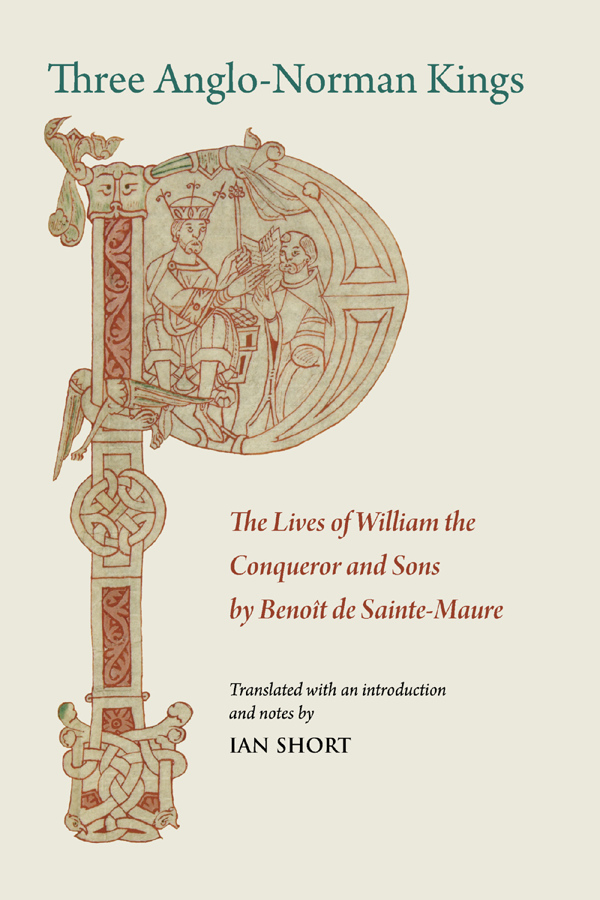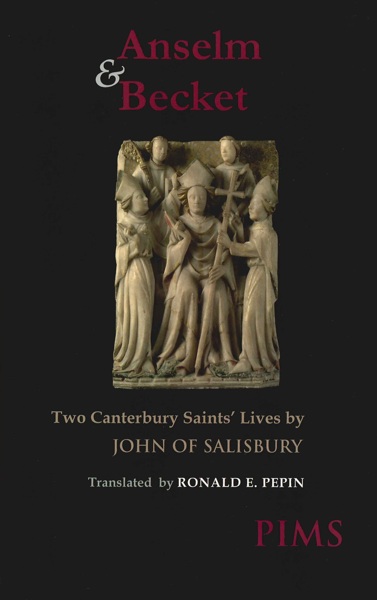
Benoît de Sainte-Maure
Three Anglo-Norman Kings: The Lives of William the Conqueror and Sons by Benoît de Sainte-Maure
With an introduction and notes
- Pages: viii + 228 p.
- Size:150 x 230 mm
- Language(s):English
- Publication Year:2018
- € 25,00 EXCL. VAT RETAIL PRICE
- ISBN: 978-0-88844-307-6
- Paperback
- Available
Best known as a Medieval French romance writer, Benoît de Sainte-Maure was the author of the pioneering and widely copied Roman de Troie, composed, it is thought, around 1165. This consisted of a 30,000-verse reworking, in twelfth-century terms, of Latin narratives purporting to describe the siege of Troy, enlivened by what the poet refers to as “bons dits” (apposite amplifications). All that is known of him, apart from what can be deduced from his two works, is that he was a learned monk from the region of Tours in North-West France. His reputation as a poet must have reached the ears of Henry II who, sometime in the 1170s, commissioned him to compose a verse history of the English king’s Norman ancestors. Benoît thus found himself successor to the Norman historiographer Wace whose vernacular French Roman de Rou, named after Normandy’s founder Rollo, was abandoned in favour of Benoît’s Histoire des ducs de Normandie.
In their quest to generate an ethnic identity for themselves, the Normans celebrated their expansionist activities in a corpus of historiographic texts in which the multi-authored and chameleon-like Gesta Normannorum Ducum claims pride of place. This and other histories, both vernacular and Latin, were what Benoît de Sainte-Maure adapted into his secular poetic narrative. One of the motivations behind Benoît’s royal patronage could have been to tie the Anglo-Norman aristocracy of late twelfth-century England into a cultural homeland from which they were growing increasingly remote. The sense of Norman history that Benoît imparts through his French verse was the one that Henry II and his Anglo-Norman contemporaries must have assimilated as part of their courtly entertainment.



